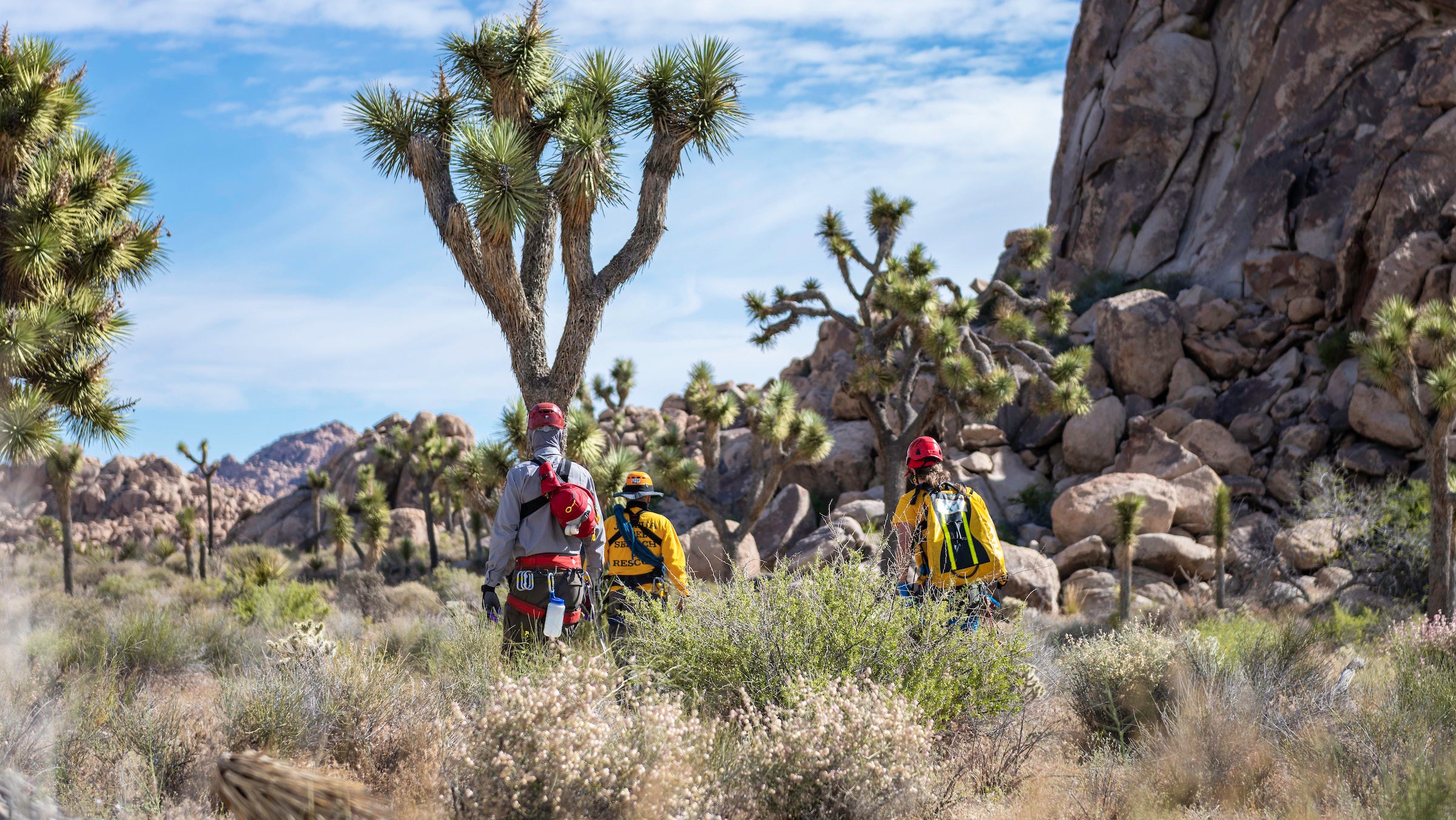Want to Know What Backcountry Mistakes Will Get You in Real Trouble? Ask Search and Rescue

(Photo: NPS/Emily Hassell)
It’s been an epic search and rescue season fueled by vicious avalanches and a pandemic-driven backcountry rush. Whether you’re a newbie or a seasoned backcountry traveler, you could be next — and there are a few things your future rescuers want you to know.
Start by knowing what to expect in terms of terrain and weather, and pack accordingly. The right clothing can make the difference between a cozy outing and a hypothermic emergency. Then think about what you’d need for an unexpected night out, even if it’s an uncomfortable one: an extra layer, emergency food. Most importantly, SAR teams want you to know that when you head into the backcountry, you’re taking ownership of your own survival.
“Once you go past the guardrails and the warning signs, you’re on your own – and I don’t think that people really internalize that,” says Dr. Alison Sheets, medical director for Rocky Mountain Rescue Group. “Know yourself, know your capabilities, do your homework, and know where you’re going — I can’t tell you how many tragic things have occurred because somebody didn’t understand how to look at the weather.”
In many ways, technology has lulled us into a false sense of security. But smartphones and locator beacons save lives only if they’re used properly and sufficiently powered, and no device can stop the bleeding from a nasty laceration.
Personal responsibility is the rule, but if you break your leg on top of a fourteener, don’t be shy to phone a friend. Your rescuers will be thrilled to find that you kept yourself warm and fed, and that you sent up a warning flare before things got particularly dire.
Most SAR team members are eager volunteers who leave their day job or get out of bed to respond to a call. Your end of the bargain is to set yourself up for success: be prepared, plan wisely, and for crying out loud, leave the jeans at home.
Christopher Tedeschi teaches and writes about wilderness and disaster medicine. He is associate professor of emergency medicine at Columbia University and an editorial board member for the journal Wilderness and Environmental Medicine. He enjoys hiking and biking near his home in the lower Hudson Valley.